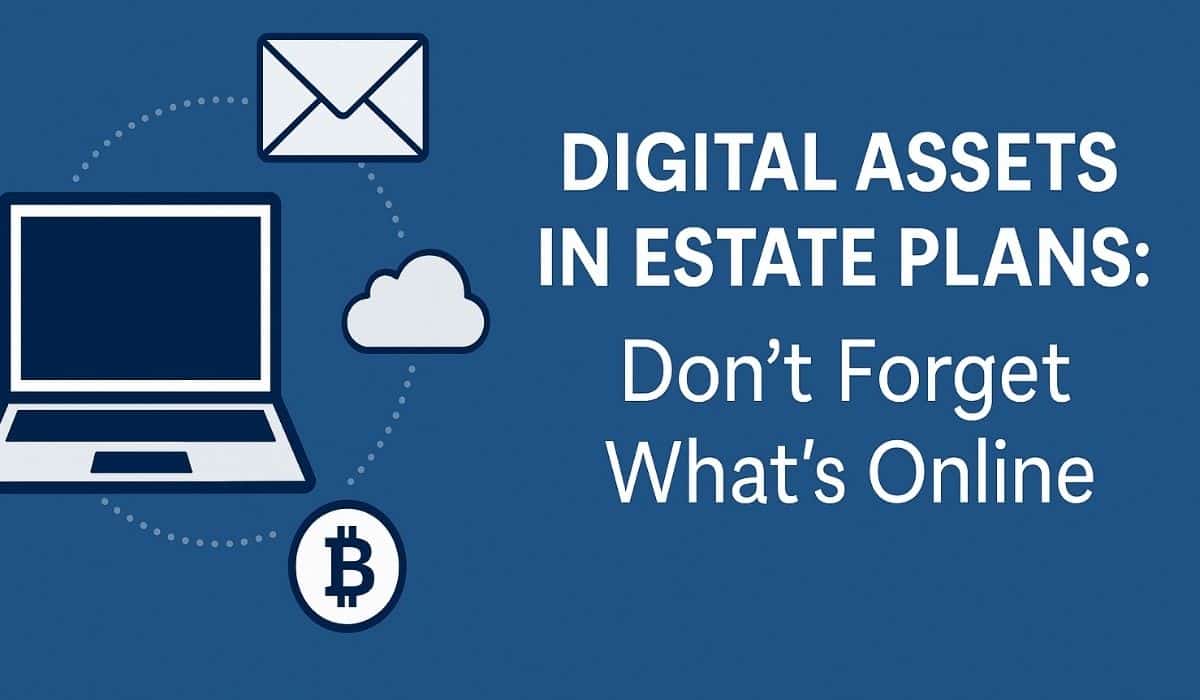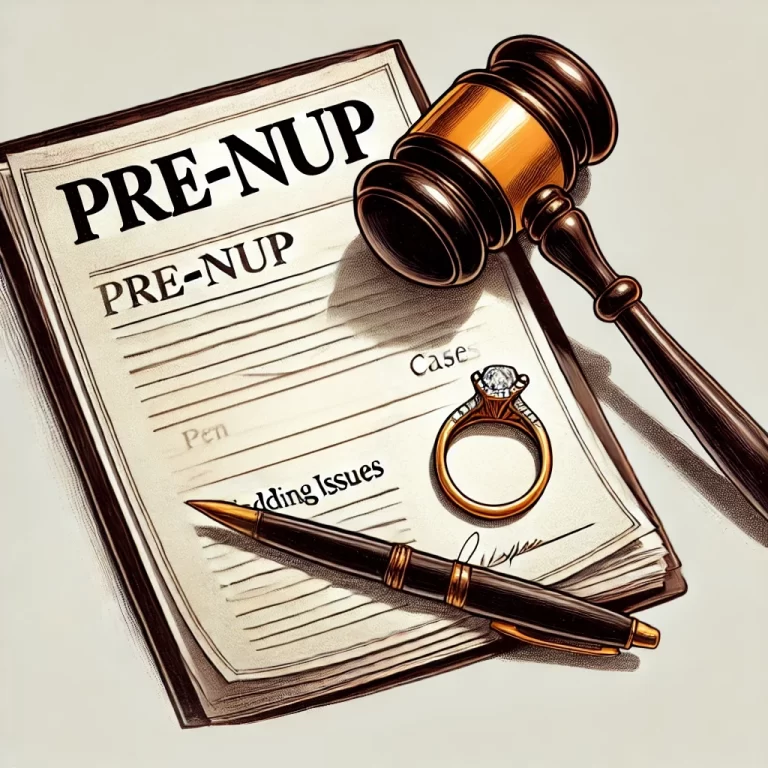Digital Assets in Estate Plans: Don’t Forget What’s Online
In today’s digital world, more of our lives, both personal and financial, exist online. Yet many estate plans still overlook these digital assets, potentially leaving families locked out of important accounts or vulnerable to identity theft after a loved one’s death.
In this article, we’ll explain what counts as a digital asset, how Florida law treats digital access, and why naming a digital executor should be part of your estate planning strategy.
What Are Digital Assets?
Digital assets include any content, account, or file stored electronically. While some digital property has clear financial value, others carry emotional or legal significance.
Examples of Digital Assets:
- Financial Accounts: Online banking, cryptocurrency wallets, PayPal, Venmo
- Personal Files: Cloud-stored photos, documents on Google Drive or Dropbox
- Email & Communication: Gmail, Outlook, messaging apps
- Social Media: Facebook, Instagram, LinkedIn, TikTok
- Subscriptions: Netflix, Amazon, iTunes, domain names
- Business Platforms: Shopify, Etsy, QuickBooks, email lists
Without proper authorization, many of these accounts become legally inaccessible, even to your spouse or next of kin.
Related Resource: Health Care Surrogate Designation in Florida
Florida Law & Digital Access After Death
Florida adopted the Florida Fiduciary Access to Digital Assets Act, which governs how executors, trustees, and agents can access digital accounts. Under this law, you must explicitly authorize someone to manage your digital assets upon death or incapacity.
Key Takeaways from Florida Law:
- Your estate planning documents must include digital asset provisions.
- Platforms (e.g., Google or Facebook) often have their own legacy settings or terms of service that override general access.
- Without clear permission, executors may be unable to access, even view, important digital content.
In short, your estate could be delayed or diminished by digital dead ends if you haven’t planned ahead.
Why You Should Name a Digital Executor
A digital executor is the person designated to manage your digital property. This role can be incorporated into your will or durable power of attorney, or defined separately depending on your estate planning strategy.
Responsibilities May Include:
- Locating and accessing digital assets
- Resetting passwords or closing accounts
- Downloading and preserving family photos or documents
- Managing or shutting down social media
- Transferring digital business assets
Choose someone you trust who is comfortable navigating online platforms, and make sure they’re named properly in your legal documents.
Protecting Your Digital Legacy: Where to Start
Managing digital assets might feel overwhelming, but a few thoughtful steps can provide significant peace of mind for your loved ones.
Estate Planning Checklist for Digital Assets:
- List your digital accounts and assets
- Include access credentials in a secure location (never directly in the will)
- Name a digital executor or fiduciary
- Update your will and trust with digital asset language
- Review terms of service and enable legacy settings where applicable
Pro Tip: Some online platforms, like Google and Facebook, offer built-in tools to designate a trusted contact or legacy contact; be sure to use them.
Learn more about my approach to Estate Planning Services →
Real-Life Example
One client, an out-of-state retiree with family vacation photos stored in the cloud, passed away without digital asset instructions. Despite having a will, her daughter couldn’t access her iCloud account or photo backups for over a year. A court petition was required, costing time and legal fees that could have been avoided with proper digital planning.
Final Thoughts
As our lives become increasingly digital, your estate plan must evolve to reflect that reality. Whether you’re protecting sentimental family photos, securing crypto assets, or planning for your small business’s continuity, don’t let digital assets be an afterthought.
Future-proof your estate, don’t leave digital assets unprotected.
Schedule your consultation today →
Additional Resources:
- About Scovill, PLC: Estate Planning Attorney
- Health Care Surrogate & Advance Directives
- Contact Office Located Near Venice
This blog is intended for informational purposes only and does not constitute legal advice. Please consult with a licensed Florida estate planning attorney for personalized guidance.
Contact Us For More Information

Or Call 941-365-2253 for a Free Consultation
NOTE: The use of the Internet or this form for communication with the firm does not establish an attorney-client relationship. Confidential or time-sensitive information should not be sent through this form.







